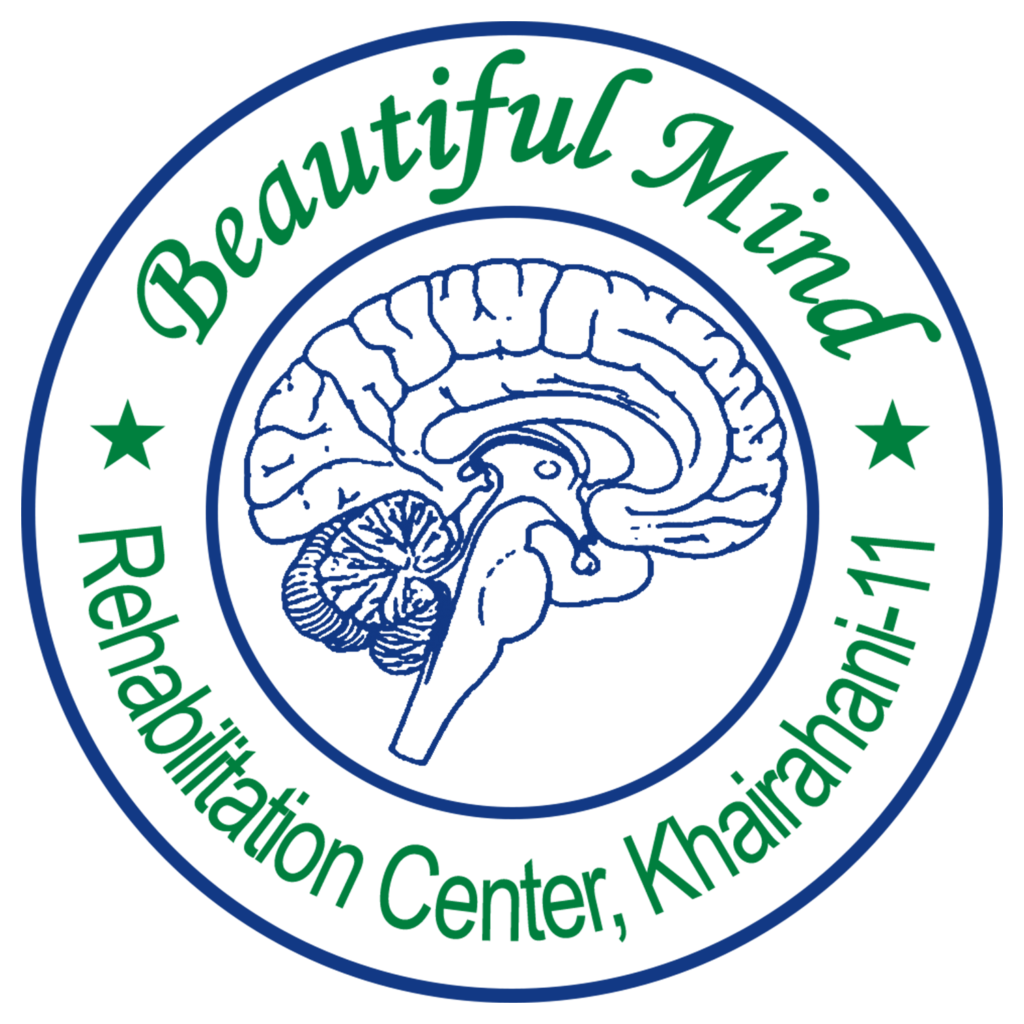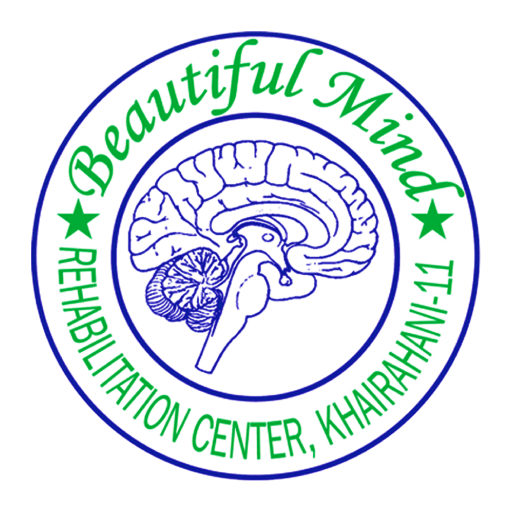Mental Health in Nepal: Challenges, Progress, and Hope for the Future
Published by: Beautiful Mind Institute of Psychiatry
https://beautifulmind.com.np/
Introduction
Mental health has often been the silent struggle in Nepalese society. While physical illnesses are easily recognized and treated, mental health challenges have historically been met with misunderstanding, stigma, and neglect. However, the tides are slowly turning. With rising awareness, better policies, and institutions like the Beautiful Mind Institute of Psychiatry at the forefront, Nepal is moving toward a more compassionate and inclusive mental health landscape.
In this blog, we dive into the state of mental health in Nepal—its major challenges, the strides made so far, and the road that lies ahead.
The Current Landscape of Mental Health in Nepal
A Burden in Silence
According to the WHO, over 20% of Nepal’s population is affected by some form of mental illness, yet only a fraction receives any form of professional support. Common disorders include depression, anxiety, PTSD (especially post-earthquake), substance abuse, and psychosis.
Cultural Barriers
In many communities, mental illness is still viewed as a spiritual problem or a family shame. This deep-rooted stigma discourages individuals from seeking help and families from discussing mental well-being openly.
Limited Resources
There are fewer than 200 psychiatrists and an even smaller number of clinical psychologists in Nepal. Mental health services are often clustered in urban areas, leaving rural populations grossly underserved.

Key Challenges
- Lack of Awareness and Education: Most people cannot identify mental health symptoms or know when to seek help.
- Shortage of Professionals: With such a limited number of trained personnel, early diagnosis and treatment remain a struggle.
- Geographic Inequality: Rural communities lack access to specialized mental health care.
- Stigma and Discrimination: Social shame keeps many from acknowledging their struggles.
- Policy Implementation Gaps: Despite national mental health strategies, actual enforcement and funding remain weak.
Signs of Progress
Government Initiatives
The Nepalese government has introduced a National Mental Health Strategy (2020) aiming to integrate mental health services into primary healthcare. This includes:
- Training health workers in mental health screening
- Establishing referral systems
- Expanding services in community hospitals
Rise of Mental Health Institutions
Centers like the Beautiful Mind Institute of Psychiatry are playing a critical role by offering:
- Holistic treatment (medication + therapy)
- Community education
- Specialized care for youth, elderly, and those with addiction
Youth Engagement & Advocacy
Younger generations, especially urban youth, are using social media, school campaigns, and online forums to speak openly about mental health.
Digital Therapies & Telehealth
Digital mental health platforms and teleconsultation services are on the rise, making care more accessible to remote regions.

Beautiful Mind Institute of Psychiatry: A Beacon of Hope
Located in Khaireni-11, Gaidaha, Parsa, Chitwan, Beautiful Mind stands out as a leading mental health institution in Nepal. With a multidisciplinary team of psychiatrists, psychologists, and counselors, the institute takes a holistic and personalized approach to mental well-being.
What Makes Beautiful Mind Unique?
- In-patient rehabilitation for addiction and severe disorders
- Occupational and vocational therapy for recovery
- Yoga, mindfulness, and expressive art therapies
- Family and community education programs
- Trauma-informed care and early intervention services
Contact:
- 📞 +977-98550945843 (Hira Ale Magar)
- 📞 +977-9855094582 (Ansuda Poudel)
- 📞 +977-9855094584 (Kamal Sharma Bushal)
- 🌐 https://beautifulmind.com.np/

FAQs on Mental Health in Nepal
- What are the most common mental health issues in Nepal?
Depression, anxiety, PTSD, and substance use disorders. - Why is there so much stigma around mental illness in Nepal?
Traditional beliefs and lack of education fuel fear and shame. - Are mental health services available in rural areas?
Very limited, but NGOs and telehealth are helping bridge the gap. - What role do schools play in mental health awareness?
Some schools now offer counseling, but it’s not yet widespread. - Can I get free mental health care in Nepal?
Yes, some government hospitals offer basic services. - What are the signs of depression?
Low mood, fatigue, loss of interest, sleep changes, thoughts of death. - How can families support someone with mental illness?
By listening, avoiding judgment, and encouraging professional help. - Is substance abuse linked with mental health?
Absolutely. Many use substances to cope with underlying emotional pain. - How many psychiatrists are there in Nepal?
Less than 200 for the entire country. - Can therapy really help with trauma?
Yes, especially trauma-informed therapy offered at centers like Beautiful Mind. - What is PTSD?
Post-Traumatic Stress Disorder—a condition after experiencing severe trauma. - Can children have mental health issues?
Yes. ADHD, anxiety, and developmental disorders are common. - How do I know if I need therapy?
If you’re struggling emotionally for weeks or your function is affected—seek help. - What’s the difference between a psychiatrist and a psychologist?
Psychiatrists prescribe medicine; psychologists focus on therapy. - Is medication always necessary?
Not always. Many benefit from therapy alone. - How does Beautiful Mind treat addiction?
Through rehab programs, detox, counseling, and relapse prevention. - Can yoga and meditation help with mental health?
Yes, as part of a holistic treatment plan. - Are there support groups in Nepal?
Yes, though limited. Beautiful Mind hosts group sessions too. - Is it safe to share about mental illness in public?
It’s getting safer, but stigma still exists. Supportive environments help. - Can mental illness be cured?
Many conditions are manageable with long-term treatment and care. - What should I do during a mental health crisis?
Seek immediate support from hospitals or crisis helplines. - Does insurance cover psychiatric care in Nepal?
Very few do currently, but advocacy is growing. - Can mental illness affect physical health?
Yes. Stress can lead to heart problems, digestive issues, etc. - What role does family play in recovery?
A crucial one—family support boosts recovery chances. - How do I book an appointment with Beautiful Mind?
Call the numbers listed above or visit https://beautifulmind.com.np/
Conclusion: The Path Forward
Mental health in Nepal is no longer an invisible issue—it’s a growing movement. From brave individuals speaking out, to institutions like Beautiful Mind Institute of Psychiatry delivering compassionate, science-backed care, the journey is underway.
Challenges remain, yes. But hope is stronger.
If you or someone you know is struggling, know this: You are not alone. Help exists. Healing is possible.
👉 Visit us at https://beautifulmind.com.np/ or call any of our team. Let’s create a healthier, more mentally resilient Nepal—together.
#MentalHealthNepal #BeautifulMindInstitute #HopeForNepal #MentalHealthAwareness

















